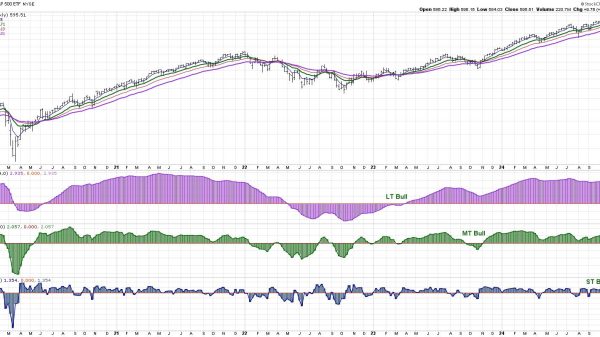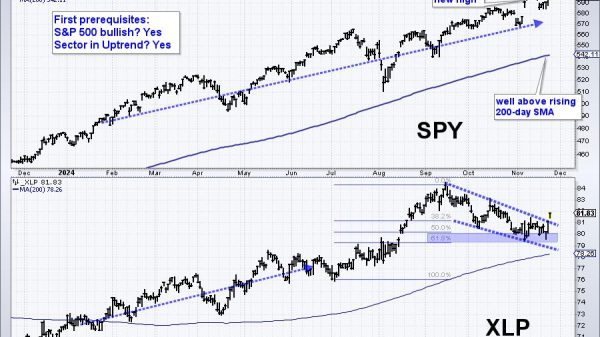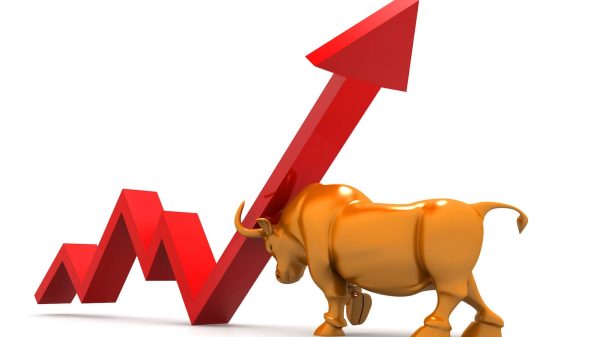LONDON — The Bank of England (BoE) raised interest rates by the most since 1989 on Thursday but warned investors that the risk of Britain’s longest recession in at least a century means borrowing costs are likely to rise less than they expect.
The BoE increased Bank Rate to 3% from 2.25% and warned that the British economy might not grow for another two years — the longest slump in records dating back to the 1920s — if rates were to go up by as much as markets have recently bet.
“We can’t make promises about future interest rates but based on where we stand today, we think Bank Rate will have to go up by less than currently priced in financial markets,” Governor Andrew Bailey said, in an unusually blunt message.
Sterling extended earlier heavy losses and was down almost 2% on the day against the dollar, touching its lowest since mid October when Britain was recovering from a political crisis triggered by former prime minister Liz Truss’ tax-cutting plans.
On Wednesday, the Federal Reserve also hiked rates by 75 basis points but signaled US borrowing costs were likely to rise more than anticipated to crush inflation.
That contrasted with the British central bank’s message on Thursday.
The BoE said it now expects inflation will hit a 40-year high of around 11% during the current quarter, more than five times its 2% target. But it also thinks the economy has entered a recession that could mean it contracts in both 2023 and 2024 and shrinks by 2.9% in total.
Unemployment would rise steadily to 6.4% by late 2025, nearly doubling from a current 3.5%, its lowest rate since 1974.
However, these forecasts reflected market expectations in late October that Bank Rate would peak at 5.2%, a level the BoE said on Thursday it did not expect to reach.
The BoE said that if it did not raise rates further, the recession would be shorter with a quarter of positive growth in the middle of it and a cumulative 1.7% loss of output.
Britain’s economy shrank by 6.3% during the global financial crisis in 2008–9.
Thursday’s rise in borrowing costs — the biggest in 33 years apart from a failed attempt to support the pound on Black Wednesday in 1992 — was in line with economists’ expectations in a Reuters poll, but the nine policymakers were not unanimous.
Silvana Tenreyro and Swati Dhingra voted for smaller increases of a quarter and half a percentage point respectively, highlighting headwinds from recession.
Markets were expecting Bank Rate to peak at around 4.7%, little changed by the BoE’s announcement.
“A dovish 75 basis point hike should be a contradiction in terms … but that is exactly what the BoE seems to have delivered,” HSBC economist Liz Martins said.
TURMOIL IN BRITAIN
Central banks across the Western world are responding to similar challenges. Inflation has rocketed over the past year due to residual labour shortages and supply-chain bottlenecks since the coronavirus disease 2019 (COVID-19) pandemic and — in Europe’s case — a leap in energy bills since Russia invaded Ukraine in February.
Britain’s new finance minister Jeremy Hunt said the “government’s number one priority is to grip inflation, and today the Bank has taken action in line with their objective to return inflation to target.”
The BoE has faced weeks of political and financial market chaos since its last rate rise on Sept. 22.
Just a day later, Ms. Truss’s government launched an unfunded 45 billion-pound ($52 billion) package of tax cuts that received a damning response from investors, pushing sterling to a record low against the dollar and forcing the BoE to prop up the bond market to help pension funds.
Ms. Truss had to resign after 44 days in office.
Markets are now more stable, with British government borrowing costs broadly back to where they were before the turmoil. On Tuesday, the BoE was able to begin selling bonds from its 838 billion-pound quantitative easing stockpile.
The BoE’s policymaking is made especially tricky by a lack of clarity over future government policy.
While most of Ms. Truss’s tax cuts have been reversed, new Prime Minister Rishi Sunak has indicated there will be a squeeze on public spending and potentially higher taxes, the scale of which will not become clear until a fiscal statement on Nov. 17.
The BoE has assumed that the government will continue to provide energy subsidies for the next two years, but on a lesser scale after April when an existing support package expires.
Under the BoE’s forecasts, inflation is due to fall below its 2% target by mid-2024, even if interest rates stay at 3%.
But Mr. Bailey said inflation risks were heavily skewed to the upside and that it was too risky to rule out further rate rises.
The Monetary Policy Committee reiterated that it would respond forcefully if needed. It next announces a policy decision on Dec. 15. — Reuters























